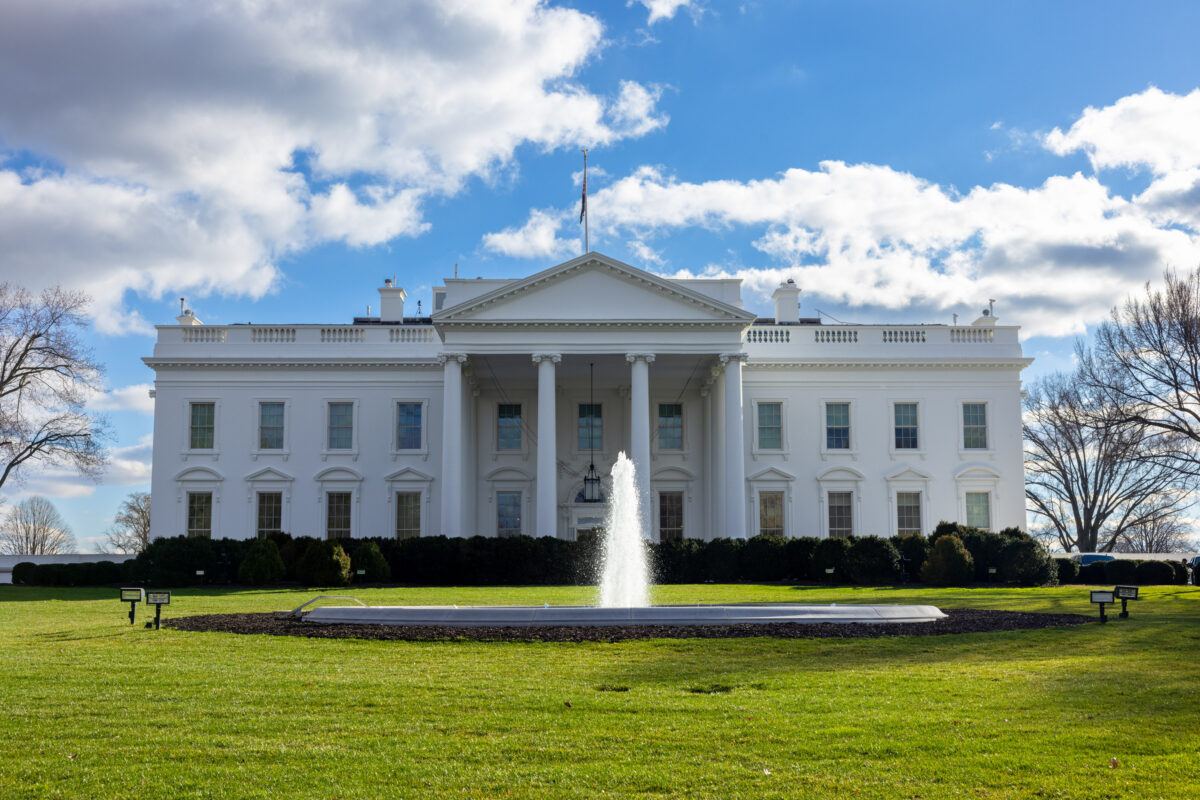But they’ve certainly had an impact.
In a long-discussed decision following his doddering debate performance, 81-year-old President Biden on Sunday announced he would not seek reelection. It’s a jarring retirement for a man with more than 50 years of public service.
Among the loudest voices calling for Biden to step down were tech billionaires like Netflix founder Reed Hastings, LinkedIn founder Reid Hoffman and Virgin Atlantic founder Richard Branson.
Last week, 78-year-old Donald Trump named as his vice presidential running mate the short-tenured Ohio Senator JD Vance (age 39). Commentators, and a New York Times story, credited Vance’s selection to his close relationship with billionaire Peter Thiel, a cofounder of PayPal and Palantir and an early Facebook investor. Investor (and podcaster) David Sacks leads a field of Silicon Valley venture capitalists endorsing Trump.
And after an embarrassing engagement with Trump in 2022, Elon Musk has become one of the more prominent champions of the former president.
Very real differences exist between Trump and the platform expected to follow Biden as they relate to tech and entrepreneurship. Here’s how the election’s outcome could affect tech policy and local innovation economies.
What would a President Donald Trump mean for tech and local startup communities?
Among Trump’s Silicon Valley backers, two of the more influential are Marc Andreessen and Ben Horowitz, the founders of an eponymous venture capital firm that has a dazzling portfolio of investments (including many Technical.ly follows closely).
In a podcast episode last week, the pair detailed how they felt a Trump administration would better support tech and startups — although they spent more time logging complaints with Biden than praising Trump. More than big tech, the pair criticized the Biden administration’s regulatory stances on Blockchain and cryptocurrency — which celebrity investor Mark Cuban has suggested is especially motivating for bitcoin-rich Silicon Valley wealth.
Trump’s immigration rhetoric overlooks how dominant foreign-born residents are in American tech and entrepreneurship
One big frustration for many of these billionaires is the Biden administration’s inclusion in its 2025 budget of a wealth tax that would include unrealized capital gains on taxpayers with in excess of $100 million.
Under the plan, an entrepreneur with assets over that threshold would pay a new 25 percent minimum tax rate, among other measures, even if most of that entrepreneur’s paper wealth is due to a frothy valuation of her company (and not cash she has to pay a tax bill). This would require instituting a wealth reporting system, even as European countries have abandoned theirs. Andreessen called that “the final straw.”
Setting aside the tech jargon, Andreessen’s “Little Tech Agenda” would be familiar to any Republican from the 1990s or early 2000s: Fewer rules and lower business taxes. Let the rest be sorted out at the local level. But if there’s anything most Americans can agree with it’s that Trump is not a traditional Republican.
Trump’s immigration rhetoric is famously caustic, capitalizing on a divisive issue and overlooking how dominant foreign-born residents are in American tech and entrepreneurship. Elsewhere, Trump’s erratic time in politics has included championing economy-wide tariffs, diminishment of global allies, questioning the independence of the Federal Reserve Bank, politicizing the judiciary and courting election fraud.
Calling attention to this is Hoffman, the investor and LinkedIn founder, who suggested Silicon Valley savants are “blinding themselves” with traditional pro-business policies. Though he called for Biden to step aside, Hoffman has cautioned against Trump as recently as late June saying, “The rule of law is pro-business.”
What might a Democratic administration do differently?
One take on why President Barack Obama was so popular with Silicon Valley elite is that his cool-guy persona got mischaracterized as progressive politics. That let a bunch of smart business people cosplay as leftists inside a relatively traditional Democratic administration. It’s different now.
Where Obama is remembered as progressive but governed as a centrist, Biden is considered a centrist but governed as a progressive.
Biden’s appointments at the SEC and FTC have been aggressive on cryptocurrency and big tech regulation
The Biden-Harris administration can count some consequential economic accomplishments, including a trio of spending bills including the CHIPS & Science Act. That act authorized the EDA Tech Hubs program, which this month awarded $500 million to a dozen US regions to invest in advanced technologies.
Biden’s appointments inside the Securities and Exchange Commission (SEC) and the Federal Trade Commission (FTC) have been unusually aggressive on regulating cryptocurrencies and big-tech companies, respectively. The US economy has become more concentrated among big corporations in recent decades, and advocacy groups argue antitrust is pro-entrepreneurship.
Americans tell pollsters they believe tech companies do more good than big companies, but the line between the two is blurry — those “Magnificent Seven” public companies that have powered the stock market the last year are all in tech. That means the overlap between tech and startup isn’t consistent.
Biden endorsed his Vice President Kamala Harris to replace him as the nominee, and she’s expected to follow much of what they initiated. Whether Harris or someone else is officially confirmed as the Democratic nominee in Chicago next month may shift these stances.
Regardless, Andreessen, Horowitz and other tech leaders are sounding a familiar pro-business alarm: That Democrats over-rely regulation. A healthy balance between two parties with good-faith leaders might be able to sort that out.
Before Biden dropped out, investor Cuban suggested that while Trump might be a fine salesman, he’s too divisive to be a CEO. News outlets are tallying the long list of former Trump officials who have spoken out against the former president’s fitness for office.
As comedian Sam Morril put it last fall, a contest between Trump and Biden was like choosing a ride home from either a drunk driver or someone falling asleep at the wheel. One has opted out of the race. What issues are worth chancing it on a ride home with the other?
Before you go...
Please consider supporting Technical.ly to keep our independent journalism strong. Unlike most business-focused media outlets, we don’t have a paywall. Instead, we count on your personal and organizational support.
Join our growing Slack community
Join 5,000 tech professionals and entrepreneurs in our community Slack today!

The person charged in the UnitedHealthcare CEO shooting had a ton of tech connections

Delaware students take a field trip to China using their tablets and ChatGPT

From rejection to innovation: How I built a tool to beat AI hiring algorithms at their own game



